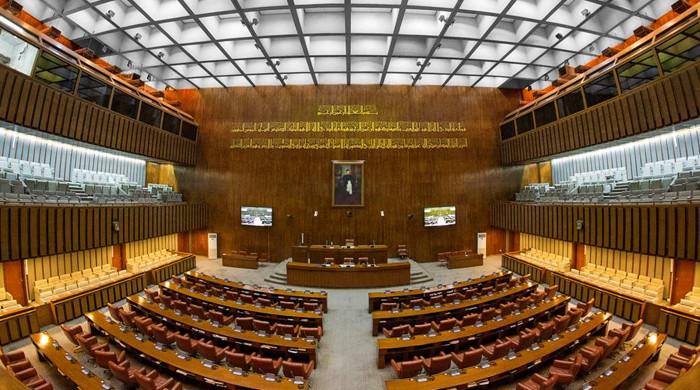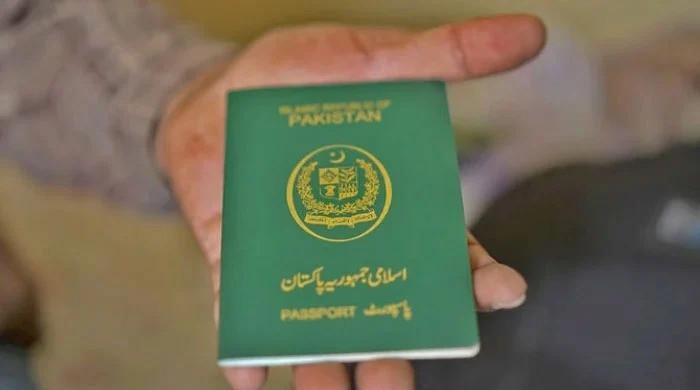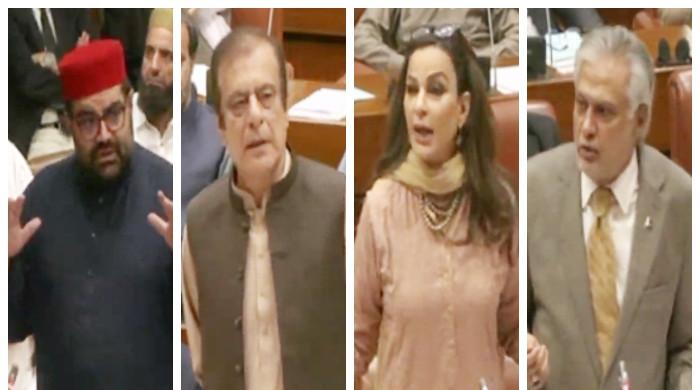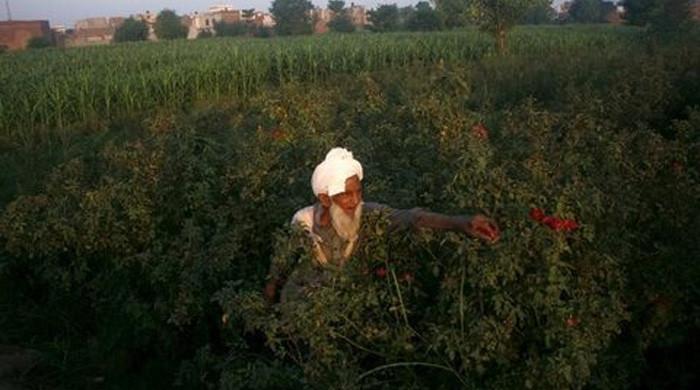Women more prone to danger due to effects of climate change: experts
Women from third world countries and those belonging to a lower class are vulnerable to climate change to a great extent
March 12, 2022
Climate change is a global crisis that poses a number of threats to the well-being and prosperity of people. And even though the phenomenon has become a major concern for many nations across the globe, its connection with gender issues is often ignored.
In developing countries like Pakistan, the effects of climate change are already being felt, therefore, recognising the urgent need to address this problem, finding out how it's affecting vulnerable communities, especially women, and coming up with solutions should be discussed on a larger scale.
To this end, an event centred on climate change and gender-based violence was held in Karachi on the occasion of International Women’s Day 2022.
Organised by the United Nations Population Fund (UNFPA) in collaboration with the Women Development Department Sindh, the event, titled “Gender Equality Today For a Sustainable Tomorrow," saw the participation of experts, journalists, and government officials and highlighted different issues faced by women from rural areas of Pakistan.
Women more prone to danger due to climate change
Talking about how climate change affects women and men differently, Madiha Latif, a guest speaker at the event, said: "Women are prone to more danger due to climate change and are vulnerable to its negative impact as compared to their male counterparts."
She informed the audience that women from third world countries and those belonging to the lower socioeconomic classes — especially those from Tharparkar — are vulnerable to climate change to a great extent because of the socio-cultural system that deprives them of the basic necessities of life, such as education, food, and the right to making decisions.
As the scarcity of resources continues to mount, women of Tharparkar face a burden of workload that deteriorates their physical health.
"In times of prolonged droughts, women travel long distances for food and water, risking their health and exposing themselves to sexual violence," said Latif.
No training for women
It is evident that women in developing countries are responsible for providing for their families, which means that they rely on natural resources more than men and know a lot more about them, Ghausia Rashid, who was one of the speakers at the event, said.
"However, these women are not involved in policymaking and action plans that are made to deal with and adapt to disastrous situations," said Salam.
She further noted that there are no training opportunities for women labourers to work in the fields as they are provided to men.
"Women’s rights to training on the field are given to men. This discards them from tackling the situation accordingly," she added.
No consideration in disaster response
On the other hand, natural disasters play a role in gender bias, affecting women disproportionately to men.
"In times of urban flooding, pregnant and menstruating women do not get enough resources and the amount of work expected of them results in poor health conditions, such as yeast infection as a result of being submerged in water for too long," said Latif while shedding a light on the issues faced by women during times of flooding.
"As for the disaster response, pregnant women, menstruating women, women who breastfeed, and women with a yeast infection or other gynaecological diseases are not provided with the resources or supplies they need," she added.
She further said that the lady health workers are unable to visit these places due to lack of mobility, transport, and infrastructure, thus limiting the access to women who need it the most.
Food insecurity
Climate change increases food insecurity as there is an unequal distribution of resources among both genders.
Due to the cultural system, women are conditioned to put themselves in the last. They put the needs of their families before them, the panellists said.
How to deal with the situation?
To find a solution to deal with climate change, vulnerable women should be included in policymaking programmes. The only way for the policies to be effective is for the policymakers to reach the grassroots level and adopt an intersectional point of view, the panellists said.












